#musical film
Text
Note: this list references the 1961 version of West Side Story and the 1954 version of A Star Is Born.
#american film institute#afi#musical film#movie musical#old hollywood#old films#old movies#vintage movies#technicolor#classic film#classic cinema#singin in the rain#west side story#west side story 1961#the wizard of oz#the sound of music#cabaret#mary poppins#cabaret 1972#my fair lady#an american in paris#meet me in st. louis#1930s movies#1940s movies#1950s movies#1960s movies#1970s movies#movie polls#a star is born#a star is born 1954
941 notes
·
View notes
Text


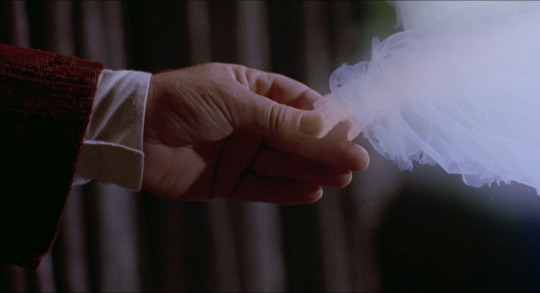


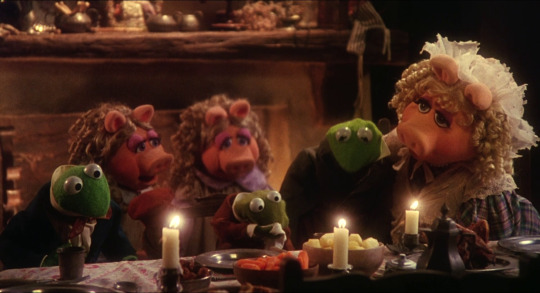


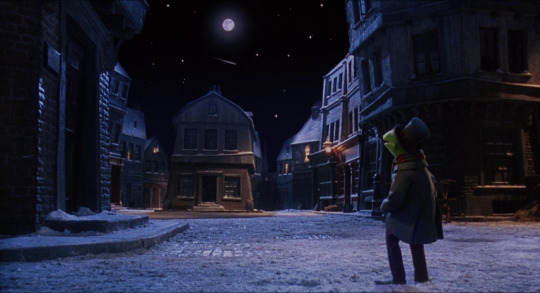

"The message, if we hear it, is make it last all year."
The Muppet Christmas Carol, 1992.
Dir. Brian Henson | Writ. Jerry Juhl | DOP John Fenner
#the muppet christmas carol#muppet christmas carol#christmas carol#charles dickens#muppets#brian henson#us film#christmas films#1990s#musical film#muppet film#christmas musical
428 notes
·
View notes
Text










FILMS in 2024:
10 | Once (2007) — dir. John Carney
#once#once 2007#onceedit#glen hansard#marketa irglova#films#movies#fyeahmovies#moviegifs#filmgifs#userfilm#motionpicturesource#musical film#userbbelcher#dailyflicks#cinematv#cinemapix#cinema#!gifs#films2024
295 notes
·
View notes
Text


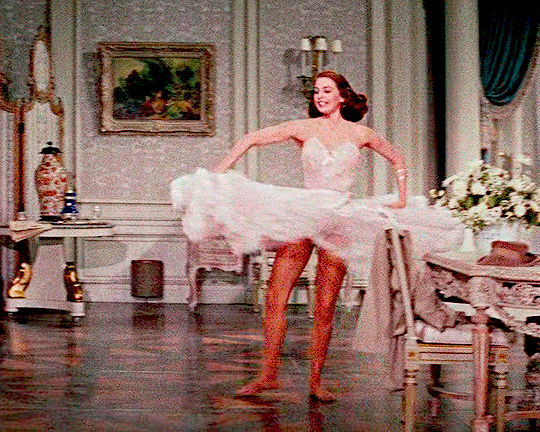
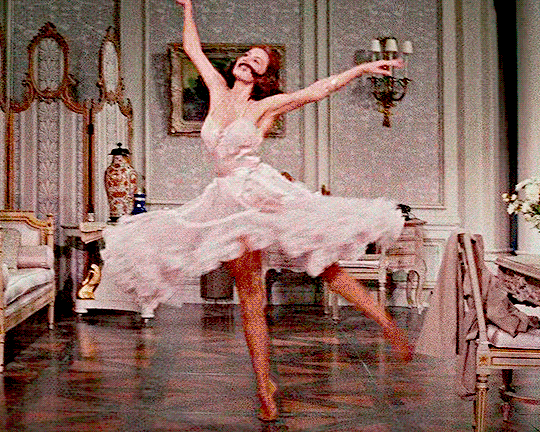

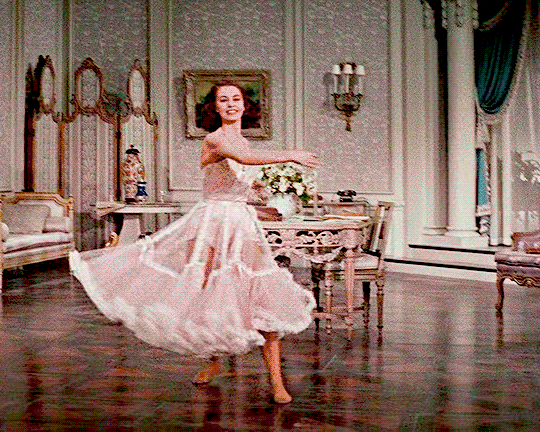
Cyd Charisse in Silk Stockings (1957) dir. Rouben Mamoulian
#cyd charisse#silk stockings#1950s#1957#classic hollywood#filmedit#filmgifs#moviegifs#film#classicfilmedit#my edits#Rouben Mamoulian#musicals#musical film#musical movies#dailyflicks#My gifs#classicfilmblr#old hollywood
194 notes
·
View notes
Text

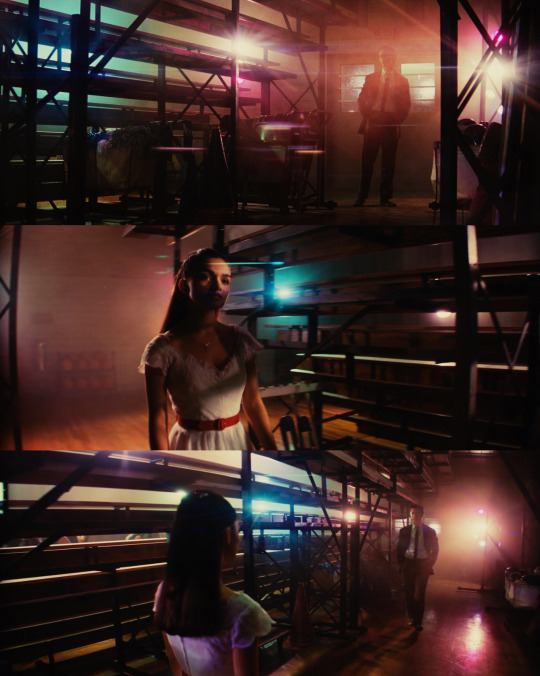
West Side Story (2021) dir. Steven Spielberg
#west side story#west side story 2021#westsidestoryedit#steven spielberg#rachel zegler#ansel elgort#tony x maria#west side story (2021)#west side story edit#romance#love story#musical#musical film#picspam#my edit#period drama#perioddramaedit
26 notes
·
View notes
Text

"I have found her, she's an angel
With the dust of the stars in her eyes
We are dancing, we are flying
And she's taking me back to the skies"
instagram | twitter
#rodgers & hammerstein's cinderella#rodgers and hammerstein's cinderella#cinderella#brandy#brandy norwood#musical#musicals#musical film#artists on tumblr#digital art#illustration#**
54 notes
·
View notes
Text



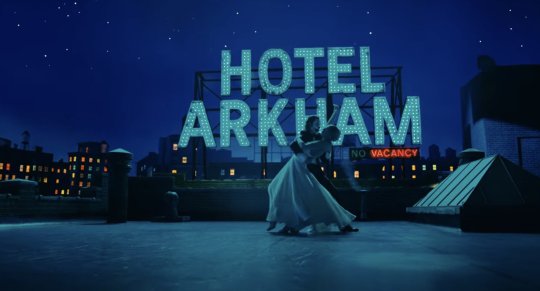




And thats how you make a trailer 🔥🤟🔥🤟🔥🤟🔥 I am so freaking excited 😍😍😍😍
#joker sequel#joker 2#joker movie#joker#joker folie a deux#joker dc#dc joker#the joker#harleen quinzel#harley quinn#lady gaga#gaga#lady#joaquin phoenix#joaquin#phoenix#trailer#movie#film#filmography#movies#cinematography#actor#actress#musical#musical film
11 notes
·
View notes
Text




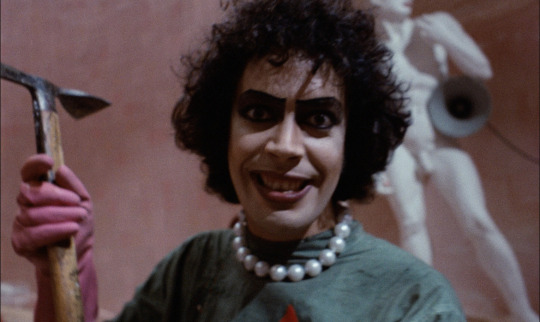



The Rocky Horror Picture Show (1975) dir. Jim Sharman
#the rocky horror picture show#tim curry#susan sarandon#barry bostwick#richard o'brien#film#cinephile#cinema#tv time#imdb#film tag#movie#dark comedy#horror#musical film#the theo dispatch#lgbtqa#lgbtq film
105 notes
·
View notes
Text








Vincent Price - Serenade (1957)
#vincent price#serenade#musical#musical film#the way his shoulders move when he laughs#i love him#i desire him carnally#so sexy#so fucking hot#mmmmm#horror#old horror movies#vintage#movie#actor#handsome#gif#gifs made by me#gif set
53 notes
·
View notes
Text
MUSICAL NIGHT! My favorite of the month. The best way to have a good movie night, to sing along, to dance a bit, to feel happy.
But my best friend hates it. So I'm trying to find some musicals he would enjoy enough, in order for him to enjoy this evening even just a bit. Could some of you people from the internet help me and give me some advice for nice musicals?
#musicals#musical film#musical fandom#broadway#west end#broadway musicals#west end musicals#really#anything would be great#I just want him to enjoy one of my passion#I try to keep it to once a month or even less#but right now#he looks like dying in agony
26 notes
·
View notes
Text

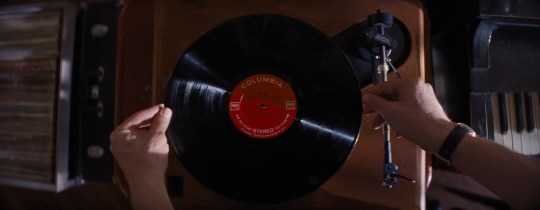
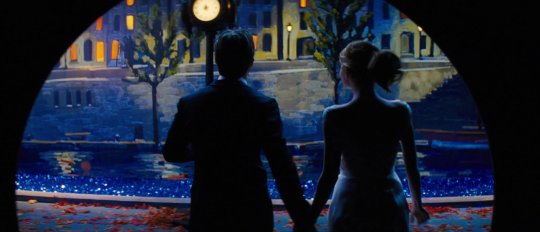

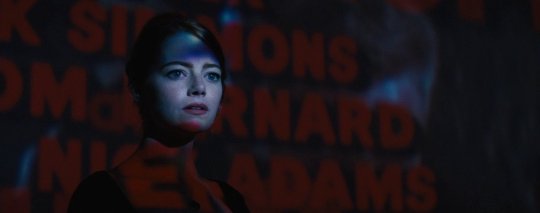

𖥔 ࣪ ˖ 62. la la land (2016) dir. damien chazelle
[rewatch]
#2023#la la land#2016 movies#damien chazelle#ryan gosling#emma stone#musical film#cinematography#film stills#movies#cinema#cineshots#screencaps
25 notes
·
View notes
Text
#bedknobs and broomsticks#disney movies#disney live action#1970s movies#angela lansbury#david tomlinson#old movies#classic disney#musical film#movie musical#robert stevenson#fantasy film#disney polls#old disney
11 notes
·
View notes
Text


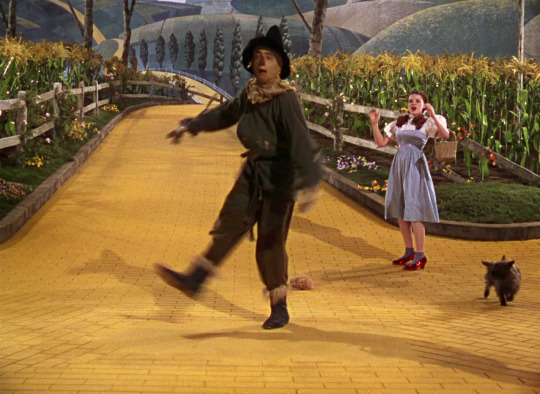



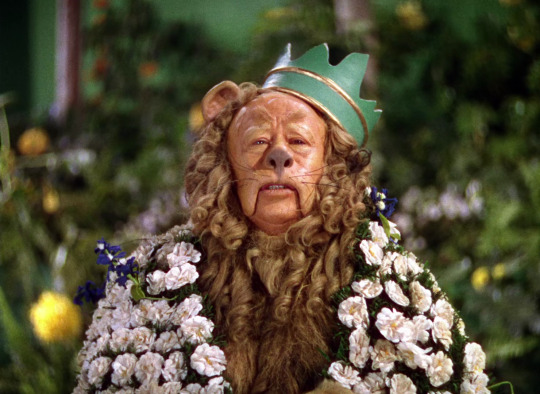
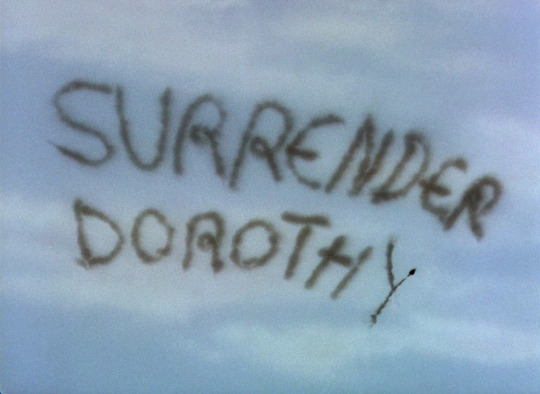


The Wizard of Oz, 1939.
Dir. Victor Fleming | Writ. Noel Langley, Florence Ryerson & Edgar Allan Woolf | DOP Harold Rosson
#the wizard of oz#judy garland#victor fleming#musical film#musical fantasy#1930s#frank l. baum#10 frames
123 notes
·
View notes
Text

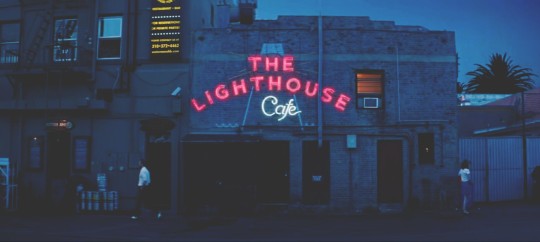


La La Land (2016)
#ryan gosling#la la land#movie#melodrama#filmedits#beautiful moments#film#emma stone#musical film#jazz music#city of stars#2016 aesthetic#Spotify
12 notes
·
View notes
Text

Anything but Silent: Lobby Card for Swing
Last year, Special Collections and Archives at the University of Iowa Libraries acquired items to form a new collection: the Black Film and Television Collection. In honor of Black History Month, we’re shining a spotlight on a different item from this collection.
In last week’s installment, we took a closer look at the poster for 1919’s The Green-Eyed Monster. Now we’re picking up 20 years later, with the spotlight on a lobby card from Oscar Micheaux’s 1938 film Swing, part of the Black Film and Television Collection. Starring Cora Green, Swing is notable as an example of two overlapping genres: race film and musical film.
Like many of Micheaux’s films, Swing it is also a tale centered around Black characters with grand aspirations. And like Micheaux himself, these women are pioneers, willing to make a path through the unknown.
Swing is a story born of the Harlem Renaissance, which by 1938 was declining in the wake of the Great Depression. The movie follows Eloise Jackson (Hazel Diaz) and Mandy Jenkins (Cora Green), two young women from Birmingham, Alabama. Mandy catches her husband (Larry Seymour) having an affair with Eloise, and Eloise flees to start over as a singer in Harlem. Her past catches up with her, however, and through a series of mishaps, it ends up being Mandy who succeeds as a performer on Broadway.
Who was Oscar Micheaux?
Last week’s blog touched on the work of Micheaux, but it’s worth digging deeper into the life of this singular talent.
Micheaux was born in 1884 and grew up with his 12 siblings on a farm in a small town in Illinois. His parents had been born into slavery in Kentucky, but neither emancipation nor a move north could create distance from the realities of structural racism.
The debts Micheaux’s parents had undertaken to keep the farm afloat became more burdensome over time and had educational repercussions for their fifth-eldest child. For a while, they were able to send Oscar to a school in a neighboring town, but financial difficulties eventually forced them to bring him back to work on the farm. This adjustment was difficult for an intelligent, ambitious teen to process, and Micheaux rebelled. Frustrated, Oscar’s father sent him to his older brother in Chicago, where he took work as a porter.
During this stint in the city, Micheaux set his hopes on homesteading to the west. He saved the earnings from his job until he could buy farmland in South Dakota and worked this land for years, a Black man surrounded by a community of white homesteaders. His experience in South Dakota came to an end when a drought withered his crops and his first marriage began to deteriorate. Micheaux committed these experiences to the page, emerging in 1913 with an anonymous, self-published book titled The Conquest, and a new ambition: to make his living as a storyteller.
In 1918, Micheaux would turn much of the material from The Conquest into a new, more fictionalized project, a novel he would call The Homesteader (both books can be found in the UI Libraries Special Collections & Archives). It was this work that caught the eye of the Lincoln Film Company’s George Johnson, who contacted Micheaux and offered to adapt the novel. However, the two couldn’t agree on a direction for the project, and the deal was scrapped. It became clear to Micheaux that if he wanted narrative control over a film based on his story, he’d have to make it himself. And in 1919, the new, Sioux City-based Micheaux Book & Film Company released the silent film The Homesteader.
Swing came almost 20 years after The Homesteader. By the time it was released, Micheaux had made nearly forty movies, both silent films and “talkies.” His contributions had defined the art of the race film and brought the experiences of Black Americans to the screen. As one might expect given the climate of his day, Micheaux was no stranger to controversy and censorship; his stories confronted racism directly, in ways the white establishment found “political” and therefore threatening. As an independent filmmaker in a burgeoning studio system, Micheaux’s budget was often tightly constrained. In 1928, he had to declare bankruptcy, but he continued filmmaking afterward with the same tenacity that had led him to that parcel of land in South Dakota.
Micheaux only made four more films after this one, and by his death in 1951 he had declared bankruptcy again. But in recent years, his contributions to film history have received more attention. The Academy Museum of Motion Pictures features an exhibit on Micheaux’s work, and in 2010 the U.S. Postal Service released a stamp in his honor.
Swing and Cora Green
Since Swing was a musical film, it also gave Cora Green a new opportunity to showcase the singing voice that had already made her a star. Green performs two of Swing’s four musical numbers, “Bei Mir Bist di Schön” and “Heaven Help This Heart of Mine.”
Though she was only in two feature films (Swing in 1938 and Moon Over Harlem in 1939), her decades as a vaudeville performer had earned her the distinction of “the highest-paid colored woman in vaudeville,” according to one contemporary newspaper. She was popular enough that during World War II, she toured with the United Service Organizations (USO) to the Persian Gulf, performing for Black troops. Unfortunately, we don’t know what direction Green’s life took after the war, since she vanishes from the record in 1949.
What Green left behind was a limited but unique body of work, and this lobby card is a small piece of her story. In Swing, her voice carries to us through the years, the sound of a new art form just hitting its stride.
Next week, we’ll explore another distinct genre of Black filmmaking: the Blaxploitation film
---Natalee Dawson, Communication Coordinator at UIowa Libraries, with assistance from Liz Riordan, Anne Bassett, and Jerome Kirby
#black history#black history month#Swing#Cora Green#oscar micheaux#black film#film#black history matters#libraries#musical film
45 notes
·
View notes
Text
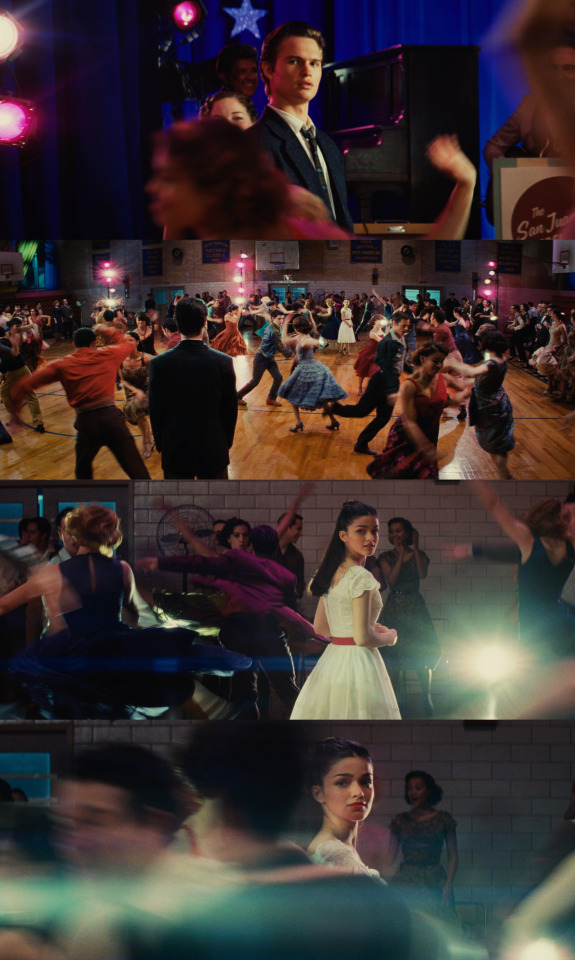
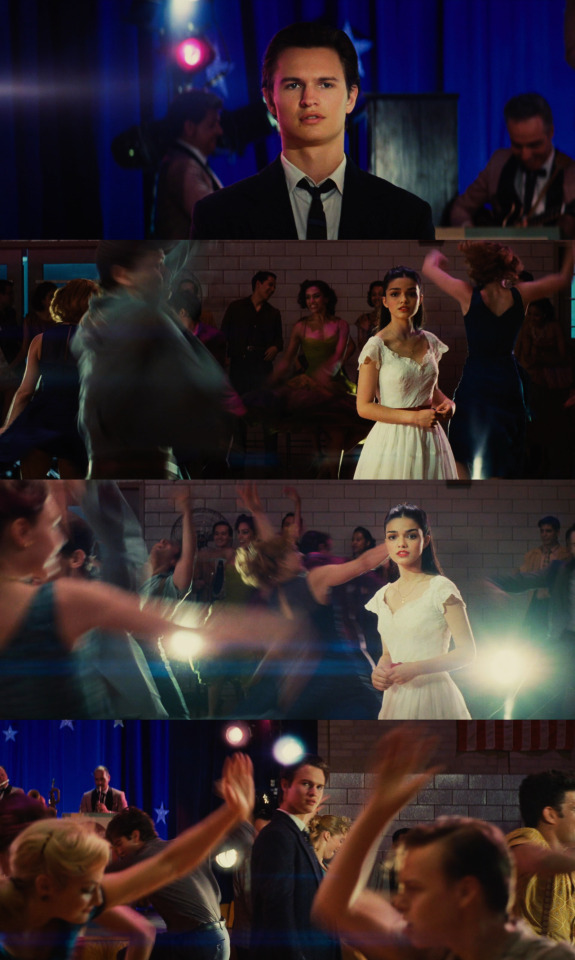
West Side Story (2021) dir. Steven Spielberg
#west side story#west side story 2021#westsidestoryedit#steven spielberg#rachel zegler#ansel elgort#tony x maria#west side story (2021)#west side story edit#romance#love story#musical#musical film#picspam#my edit#period drama#perioddramaedit
26 notes
·
View notes